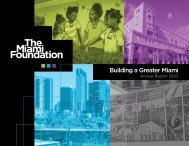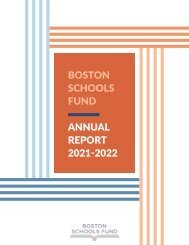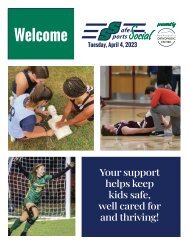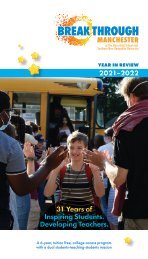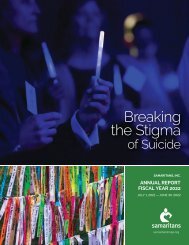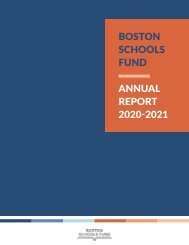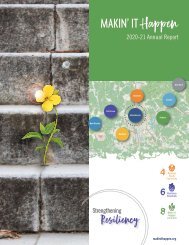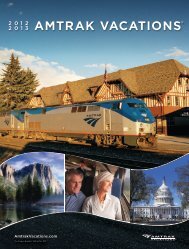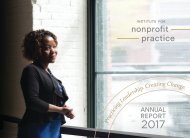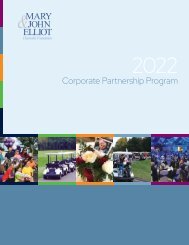HSA 65th Anniversary Book
• To provide an organization with facilities and some capital through which students of the university could be encouraged to develop and to manage small businesses that might provide funds that could be applied to the cost of their education. • To afford needy students of the university the opportunity to earn substantial amounts of money for brief periods of work through the exercise of energy and ingenuity. • To encourage students to explore the business community as a potential career choice. • To enable students to gain valuable experience and to develop a sense of the excitement and responsibility involved in the management of small enterprises.
• To provide an organization with facilities and some capital through which students of the university could be encouraged to develop and to manage small businesses that might provide funds that could be applied to the cost of their education.
• To afford needy students of the university the opportunity to earn substantial amounts of money for brief periods
of work through the exercise of energy and ingenuity.
• To encourage students to explore the business community as a potential career choice.
• To enable students to gain valuable experience and to develop a sense of the excitement and responsibility involved in the management of small enterprises.
Create successful ePaper yourself
Turn your PDF publications into a flip-book with our unique Google optimized e-Paper software.
fy
OFFICE
58
OCTOBER 23, 1957 –
AUGUST 31, 1958
PRESIDENT
Gregory
Stone
102 Mt. Auburn St.
The dawn of the world’s largest
student-run company
Spring 1957. Harvard tuition had doubled in the previous 10 years, giving rise to concern that the increasing
costs of higher education would adversely affect the social makeup of those applying to Harvard. At the
same time, 14 ambitious students were running small-scale businesses out of their dorm rooms, selling
items as various as beer mugs, class rings, and personalized stationery. In utilizing Harvard’s facilities for
their assorted business empires, however, these budding tycoons placed Harvard’s real-estate-tax exemption
in jeopardy. With these two issues in mind, John Monro, Dean of Financial Aid, assigned Dusty Burke,
Director of Student Employment, to investigate student businesses as a possible source of financial aid and
to begin developing the idea that would become HSA.
Later that spring, a meeting with those existing student managers elicited considerable interest in the idea
of a corporation. Greg Stone, the baron of porcelain steins, took a particular interest in this idea and soon
became even more intimately involved when one of his friends, riding Stone’s bike, collided with a Radcliffe
student on Mass. Ave. Despite the lack of injury, Stone’s friend enlisted attorney Harold Rosenwald (whose
qualifications for this case of bicycular assault included defending Alger Hiss from accusations of Soviet
espionage in 1948–1951). Stone and Rosenwald soon met and discussed opening a student organization.
Intrigued, Rosenwald met Burke, and more concrete plans for such a corporation emerged.
An initial capital investment of $7,000 was necessary for rent, legal expenses, telephones, and other assorted
startup expenses, and the search began for one or two large businesses capable of carrying a major share of
corporate overhead. Early in the summer, the new corporation gained the rights to offer Harvard students
the weekly linen service traditionally provided by the university itself. With the assistance and consent of
“Skiddy” von Stade ’38, Dean of Freshmen, an offer of clean sheets, towels, and pillow cases went out to
incoming freshmen through a summer mailer. An overwhelming 90% of the incoming class accepted the
offer. This tremendous response provided the required capital and heralded the inception of the mighty
Linen agency, the first financial backbone of HSA.
The remaining pieces quickly fell into place.
In August, the papers were filed authorizing a
new nonprofit corporation. On September 10 at
8pm, the first meeting took place in the student
union. On October 23, the Commonwealth of
Massachusetts gave its seal of approval, and HSA
officially came into being. On December 13, the
seven original incorporators signed the charter:
Burke, Monro, Rosenwald, Stone, Richard Dale
’52, Theodore H. Elliott Jr. ’58, MBA ’60, and John
Giannetti ’57, LLB ’60. The first Board of Directors
met afterward, with a tripartite structure of five
students, five alums, and five university officials.
Warren Berg served as Chairman of the Board,
Dusty Burke, Harold Rosenwald, and John Monro.
Rosenwald obtained nonprofit status for the
organization and drew up its corporate bylaws, Stone became the first President, and the first offices of HSA
opened on the third floor of 102 Mt. Auburn St., above a Brattle Sq. liquor store.
In the words of Burke, who now split time as Director of Student Employment and General Manager of HSA, the original
objectives in creating HSA were:
• To provide an organization with facilities and some capital through which students of the university could be
encouraged to develop and to manage small businesses that might provide funds that could be applied to the cost
of their education.
• To afford needy students of the university the opportunity to earn substantial amounts of money for brief periods
of work through the exercise of energy and ingenuity.
• To encourage students to explore the business community as a potential career choice.
• To enable students to gain valuable experience and to develop a sense of the excitement and responsibility involved
in the management of small enterprise.
To these ends, the university placed existing student enterprises under the aegis of the new corporation, with 10% of their annual
net income to be contributed to corporate overhead. Despite some initial and strenuous objections on behalf of the student
managers, it came to pass.
The circle of 14 budding student businessmen expanded to 125 employees in that first fiscal year. The first revenue statement for
the umbrella corporation read $101,000. In addition to the powerful Linen cartel, the original agencies included refreshment
concession to slavering hockey fans and winded patrons in the Donald C. Watson Rink; a reservations agency for the tired and
huddled masses staying at the Sheraton Hotel; the ad-filled blotters, distributed for free in the summer and fall; and the delivery
of birthday cakes, a service in existence since 1953. HSA also bought 15 refrigerators in hopes of renting them to students desiring
frosty mugs of beer. When they were quickly snapped up, Burke authorized the purchase of as many refrigerators as there were
students interested in renting them. The sales team came back with a list of hundreds of undergraduates, and the enduring
Refrigerator Rental agency was born.
AGENCIES
• Linen
• Refrigerator Rental
• Rings
• Refreshment
• Birthday Cake
• Fall Blotter
• Beer Mugs and Banners
• Watson Rink
• Coop Laundry
• Summer Blotter
• Eliot Grill
• Spring Street Stadium
• Summer Refreshment
• Sheraton Hotel
8 HSA 65th Anniversary History Book 9




